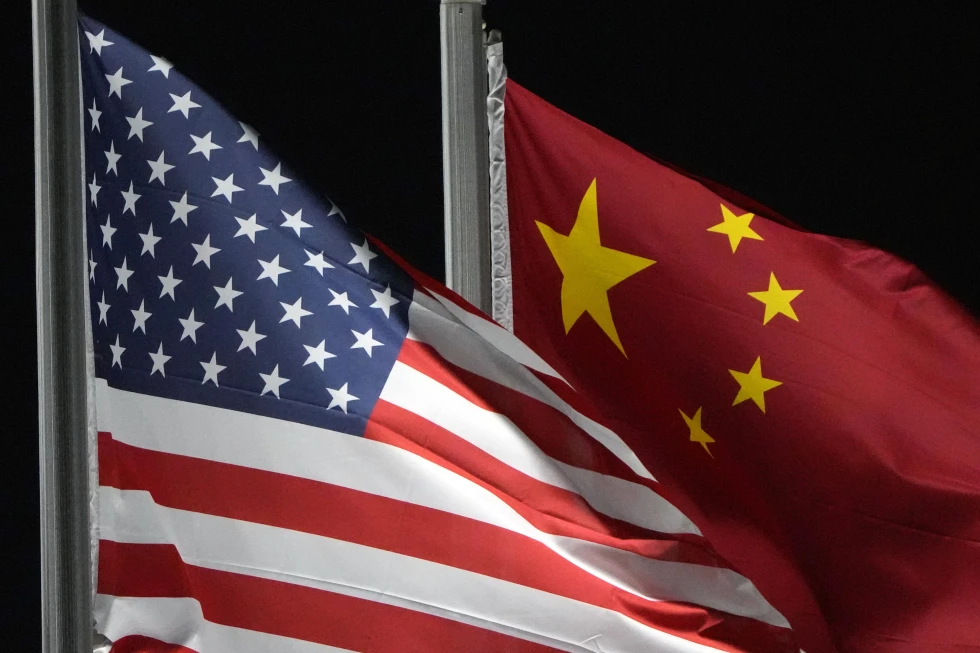The United States has revised a decades-old science and technology agreement with China to reflect their expanding competition for technological dominance. The revised pact, reached Friday following months of discussions, has a restricted scope and more protections to reduce the risk to national security.
The State Department stated that the agreement maintains intellectual property rights, introduces new safeguards to protect the safety and security of researchers, and “advances U.S. interests through newly established and strengthened provisions on transparency and data reciprocity.”
The department stated that it solely covers basic research and does not support the development of critical and emerging technologies. This includes technology like as artificial intelligence and quantum computing, which are regarded as critical for economic strength and military superiority.
The first such agreement was struck in January 1979, when the two countries established diplomatic relations to offset the influence of the Soviet Union and China stood well behind the United States and other Western nations in science and technology.
The agreement was last renewed in 2018, with temporary extensions granted last year and this year to allow for negotiations. Washington had come to see the accord as failing to represent the shift in US-China ties and China’s rise as a major player in the area. The new pact extends cooperation by five years.
As the tech battle between the two nations has heated up, the United States has prohibited exports of advanced semiconductors to China and limited US investments in specific technologies that could enhance China’s military capabilities. Cooperation in science and technology has cooled among universities and research organizations since a Trump-era campaign to combat Chinese spying was launched. The program was terminated in 2022 following many unsuccessful charges of researchers and complaints that it had resulted in racial stereotyping.
Deborah Seligsohn, an assistant professor of political science at Villanova University, said the new agreement would result in fewer government-to-government programs, but because of its limited scope and stronger safeguards, it would allow cooperation to continue “through a more difficult relationship.”
Earlier this year, Rep. Andy Barr, a Kentucky Republican, stated that the decades-long collaboration had resulted in the US “providing all sorts of scientific and technical knowledge to Chinese scientists in what would amount to the greatest outpouring of American scientific and technological expertise in history.”
Rep. Gregory Meeks, a Democrat from New York, stated that research collaborations between the United States and other countries have “prevented diseases, reduced pollution, and deepened our understanding of the Earth’s history.”
However, Meeks stated that he supported congressional monitoring to ensure that initiatives under the pact aligned with US values and interests.
